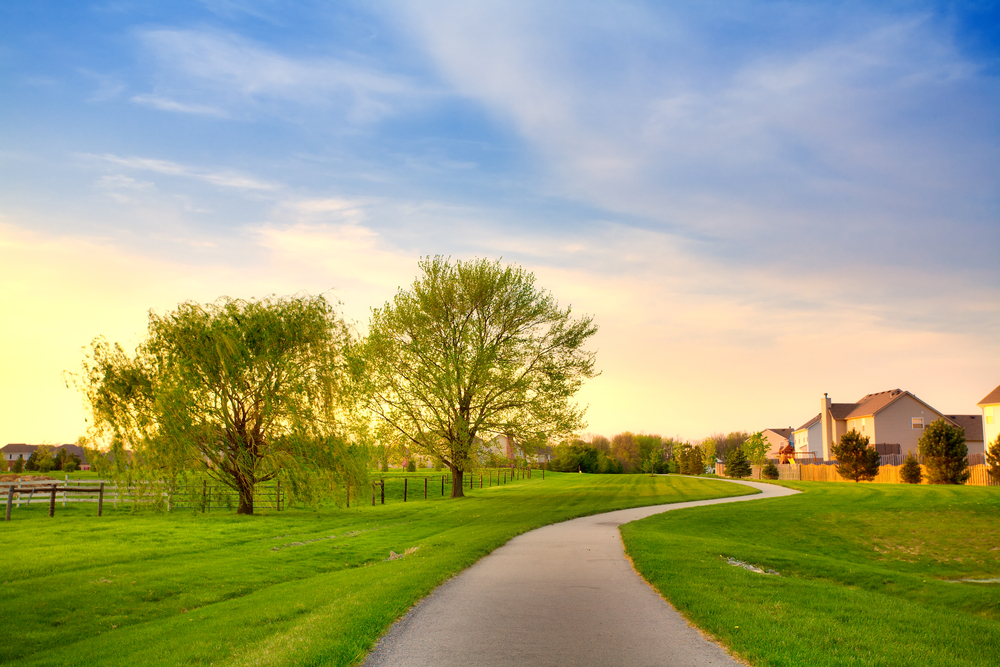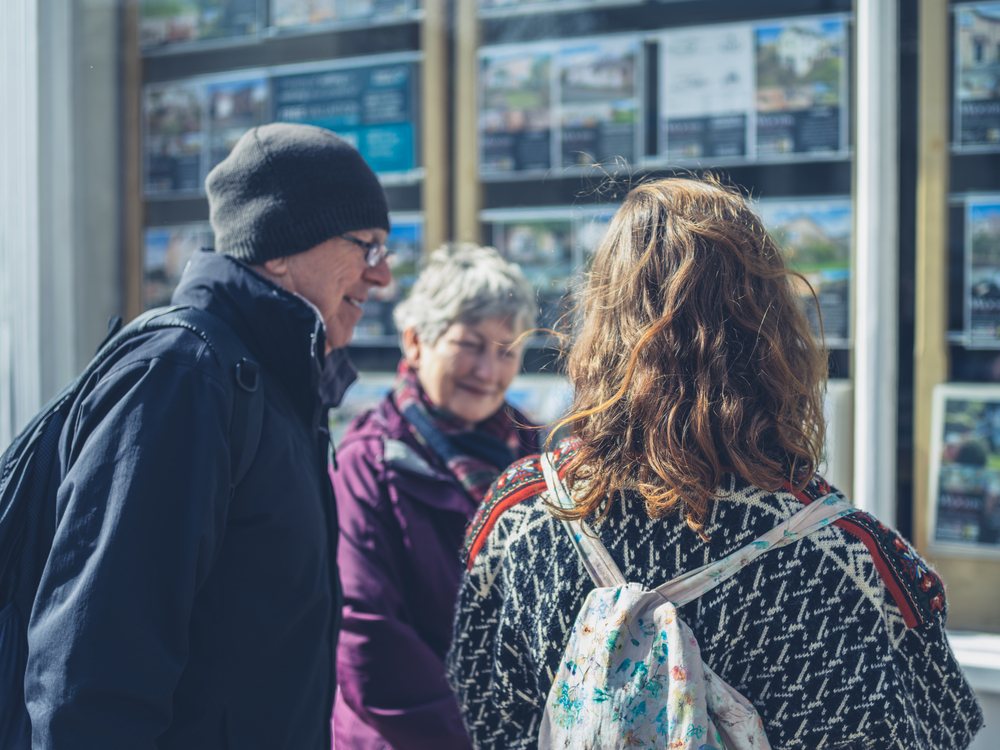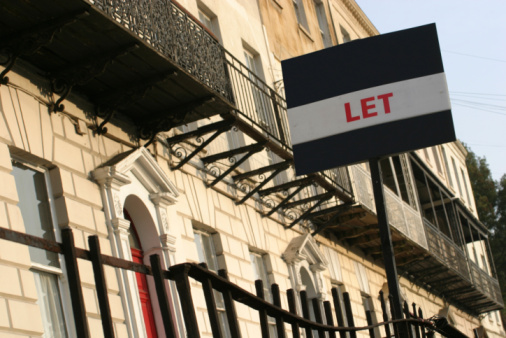An extra four in 10 first-time buyers have been exempt from paying stamp duty as a result of the Government raising the starting threshold from £125,000 to £250,000 over the past two years, according to estimates from Halifax. The temporary increase in the threshold has meant that 95 per cent of first-time buyers over the […]
 An extra four in 10 first-time buyers have been exempt from paying stamp duty as a result of the Government raising the starting threshold from £125,000 to £250,000 over the past two years, according to estimates from Halifax.
An extra four in 10 first-time buyers have been exempt from paying stamp duty as a result of the Government raising the starting threshold from £125,000 to £250,000 over the past two years, according to estimates from Halifax.
The temporary increase in the threshold has meant that 95 per cent of first-time buyers over the period have not had to pay stamp duty.
An estimated 150,000 first-time buyers have benefitted from the increase in the threshold over the past two years with approximately 380,000 first-time buyers paying no stamp duty.
Returning the starting threshold to £125,000 will result in nearly 45 per cent of first-time buyers paying stamp duty.
The South East and Greater London have benefitted most from the change with around seven in 10 first-time buyers having to pay no stamp duty directly due to the raising of the threshold from £125,000 to £250,000.
The North and Northern Ireland have benefitted the least with only one in six first-time buyers exempt from the tax as a result of the increase.
Only four per cent of first-time buyers in Greater London will be exempt from stamp duty when the starting threshold returns to £125,000. Four in five first-time buyers in the South East will pay the tax.
The proportions of first-time buyers paying stamp duty will be much lower in other parts of the country with less than one in five paying the tax in the North and Northern Ireland.
Martin Ellis, Halifax housing economist, commented:
“The stamp duty holiday has directly helped four in 10 first-time buyers over the past two years. Regionally, the impact has varied considerably with around seven in 10 first-time buyers in London and the South East exempt from the tax as a direct result of the temporary change. Returning the threshold to £125,000 will hit those buying their first home in these parts of the country most.
“The doubling in the starting threshold has been a significant benefit to those who have benefitted during a time of economic and financial difficulty for many. A first-time buyer making a purchase of £200,000 will see their buying costs increase by £2,000.”














